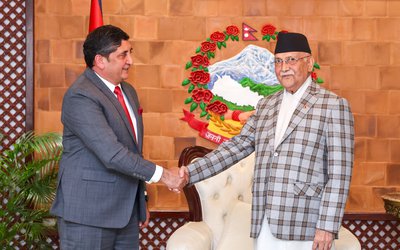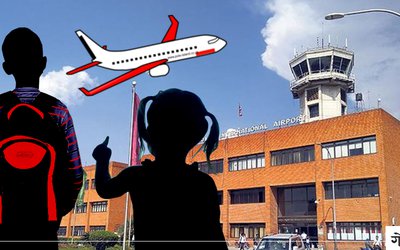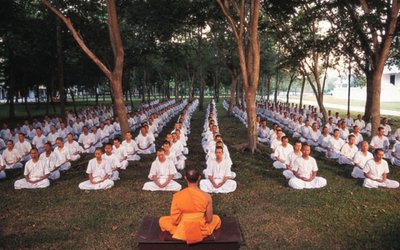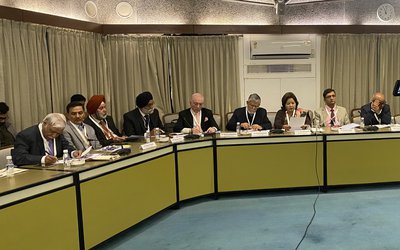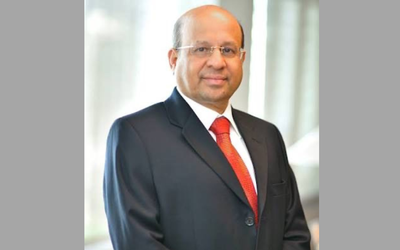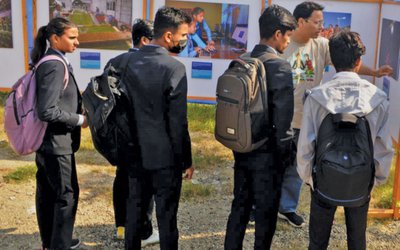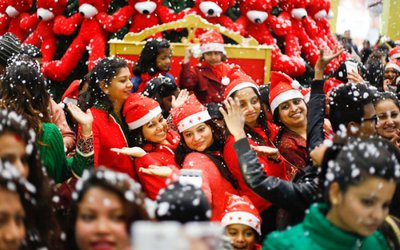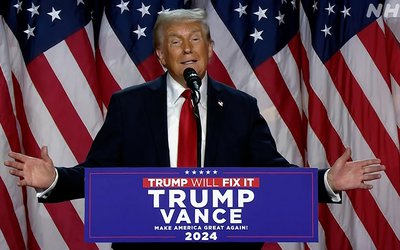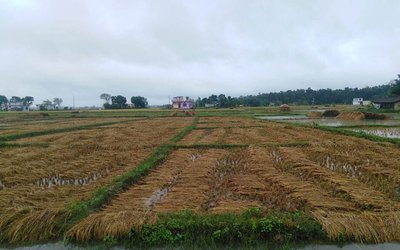Nepal may hold elections after May 28. That is what the Supreme Court decree says. In that scenario, will the roughly ten percent of Nepal’s citizens who live abroad be able to exercise their democratic rights? Being a first time French voter, I want to relate this question to my own experience.
In France, voting is not compulsory. But if you believe that it is your duty as a citizen, you must register yourself on the electoral list before the end of the previous year. The only time when you’re in it automatically is when you just turned 18. This is a way to make sure the new generation is part of the process too.
Over 2.3 million French live abroad and have, as any other French civilians, the right to take part in the presidential elections. Starting 2012, they also have to nominate a representative for the French in their country of residence. I am a French citizen, but I live in Brussels, Belgium’s capital. I am therefore on Brussels Consulate’s electoral list. This means that, in theory, I should be present in Brussels to vote. But what if I am unable to present myself physically? In fact, this year I will be in Australia during the elections. And to make things worse, here I am in Kathmandu from early November. Ke garne?
Fortunately, France offers many solutions to my problems. One of them is the possibility to vote by proxy, i.e. giving someone the power to vote for you. Trusting him enough to confide in him who your candidate of choice is and being sure that this candidate does not mysteriously change name on D-day. To do that, I had to go to the French Embassy, situated in Lazimpat.
Unfortunately, this five minutes’ expedition turned into a five days’ one. Let me explain. The first time, a Nepalese friend and I (it always feels good to blame someone else!) got completely lost and arrived too late. The second time, the offices were closed because of holidays. After that, I forgot to take a copy of my visa. Subsequently, I failed to remember that the embassy was closed on Wednesdays. At last, on the fifth time, I finally could fill the form and enable my dear father to vote for me. But if by any turn of events, I happened to be in Brussels during the elections, I can still vote by myself – except if he shows up before I do, of course.
So what about Nepal? Over 3 million Nepalis live out of their country - which is even more than the number of French expats – and do not have the right to vote. Should living abroad prevent you from taking part in the political life of your own country? It is all the remittances sent by these hard working Nepalis abroad that is keeping this country’s economy afloat. Should they not have the right to decide what kind of politicians will decide on the fate of the money they send home?
Article 21 of the Universal Declaration of Human Rights states that everyone has “the right to take part in the government of his/her country, directly or through freely chosen representatives.” To vote is a right. And because it is a right, you should be able to exercise it. Consequently, preventing Nepalese expats to vote is preventing them to exercise their right. But how could Nepal do so? What regimes and institutions need to be in place, in missions and embassies abroad? What would be the rules and regulations to allow that to happen? Is there time for it? And even if all of this is done, how much budget must be allocated for the purpose? These are questions I have asked my Nepali friends but have not found an answer.
Martin is an intern from Belgium
- SWISS SUPPORT: Construction Of A Trekking Trail In Koshi
- Dec 19, 2024
- PM OLI'S VISIT TO CHINA: BRI Agreement
- Dec 16, 2024
- RASUWAGADHI AND SANJEN: Begin Generation
- Dec 03, 2024
- NEPAL, INDIA ELECTRICITY TRADE Nepal's Advantage
- Dec 02, 2024
- PM Oli'S VISIT TO CHINA: Nepal's Dilemma
- Dec 01, 2024

